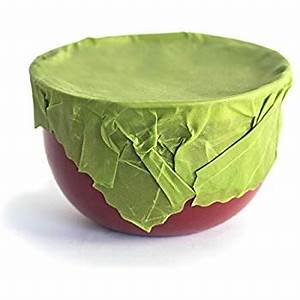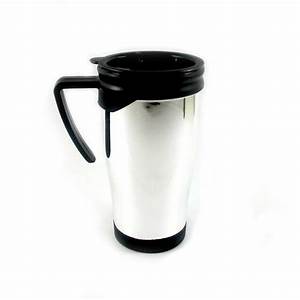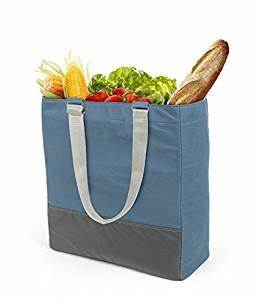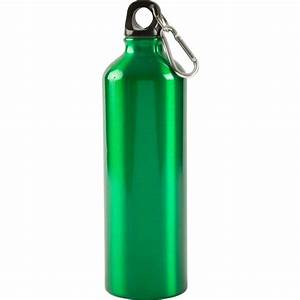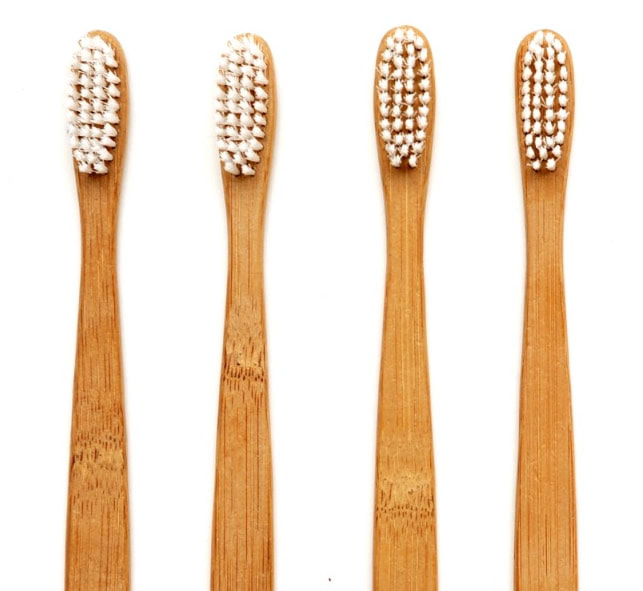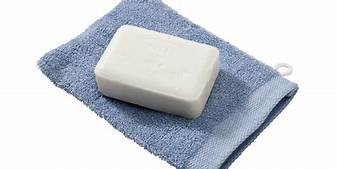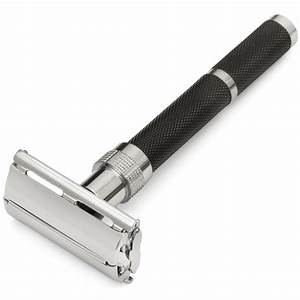Reduce Plastic and Disposables
Plastic is overwhelming our oceans, not to mention our landfills. Besides being hard to recycle, plastic is not healthy for food storage. Marketers promote disposable products so more of their products get sold. With some thought and preparation you can reduce the role that plastic and disposable products have in your life.
REthink/REfuse/REuse is an important part of Reducing.
- Think about how you consume things and how you can reduce waste. A home Waste Audit can be a first step in identifying where to start.
- Before you buy something, ask yourself if you really need it. Will you use it? When you're done with it, is it recyclable? Can you rent or borrow it instead of purchasing? Can you buy it used or acquire it for free? If there are different products doing the same thing, which one seems more sustainably made?
- Investigate online sites such as BuyNothing, Facebook Marketplace, or Nextdoor.com which allows people living near each other to gift or sell used items. Shop used furniture stores and thrift stores such as Goodwill.
- If something breaks, do you try to repair it first before buying it again? Clothes can often be mended and items can sometimes be fixed. Search online for DIY repair instructions or search for repair businesses in the Portland area.
- When you are at events, do you receive lots of clutter and handouts that you never use? Start refusing these items. Start using your smartphone to capture business cards, information sheets and web page links.
- Refuse extra napkins and condiment packets in restaurants. Refuse printed receipts in stores if possible. Some stores now have email receipt options.
Food and Dining
- Eliminate plastic wrap for food storage and use alternatives such as waxed cloth, silicone lids, and glass, pyrex or stainless steel containers with lids. A dining plate can also be used to top bowls in the refrigerator.
- Don't buy a coffee maker that requires plastic cups.
- Bring your own take-away container when eating out. Use wood (bamboo), stainless steel, or glass. Reusing an existing plastic container is much better than getting another disposable. Include a cloth napkin and durable silverware for a meal kit you can carry when traveling to eliminate plastic utensils and disposable napkins.
- Bring your own coffee cup to coffee shops and drink vendors. If you forget, ask for a ceramic mug and consume at the shop if possible.
- Bring your own water bottle instead of purchasing bottled water. Bottled water is not well regulated and may be worse than tap water. Recent studies also show the water itself may contain plastic.
- Refuse plastic straws. It is easy to go without. If you miss them, purchase stainless steel, bamboo or paper straws.
- Carry reusable bags with you when shopping anywhere (not just the grocery store). If you forget, refuse the plastic bag or request a paper bag. You can easily carry a few items without using any bag at all. Reusable produce bags may be purchased online or in some local stores. Or make your own from cotton cloth.
- Disposable paper items such as napkins, paper towels, and tissues can be replaced by washable cloth alternatives. To help your family transition to cloth napkins, give every person a different colored napkin to keep at the table, then launder weekly or as needed. Laundering after every use defeats the purpose of saving resources.
- Purchase cloth dish cloths and dishtowels for washing and drying dishes and drop your sponge habit. There are also scouring pads made out of natural materials such as nut shells and soft wood.
- To reduce packaging, buy dry food from bulk bins. This also provides a big cost savings. Some stores may also let you bring your own container or bag, but be sure to check first. If you do this, record the empty container weight first (this is called tare weight). Alternatively, use the plastic or paper bags that are usually provided. Winco, Fred Meyer, Whole Foods and New Seasons sell items such as cereal, beans/lentils, nuts, seeds, dried fruit, coffee, tea, spices, flour, and other items in bulk. How to buy in bulk info.
- Buy fresh, package-free produce at Farmers Markets. Reduce products purchased in plastic containers, especially plastic containers with a hinge (clamshells) or the plastic mesh bags which are very hard to recycle. Let vendors and store owners know that you want to buy products with minimal packaging.
- In grocery stores, avoid purchasing fresh produce that is pre-cut and/or pre-washed because it is often in plastic containers that are not easily recycled. The convenience of the prepared produce is also much more expensive. It also degrades faster and is more likely to contain pathogens from the additional handling.
- When faced with a choice of packaging options for a product, buy the one with the least amount of packaging or the one that is most easily recycled. For example, glass and metal containers are much more easily recycled than plastic.
- Use loose leaf tea instead of pre-packaged single serving teabags (where the individual packaging is in a foil-lined non-recyclable packet). Sometimes the teabags themselves have a plastic liner so you should read the label.
- Buy a reusable growler (64 oz) or half-growler (32 oz) and buy beer on tap to take home. Many brewpubs and a select number of grocery stores (e.g. Imbrie Fred Meyers) will fill it. This eliminates the single-use bottle.
- Store leftovers in glass, ceramic, or metal containers. Place a plate over a bowl, or try these other tips.
- A plant-based diet has a lower carbon footprint than meat, so it pays to reduce your meat consumption. This also reduces your use of the plastic meat trays it is often sold on.
- Strive to reduce food waste from food spoilage, which also contributes to your carbon footprint. Learn more about the Eat Smart Waste Less Challenge.
- Reduce your garbage waste by composting your own produce scraps. If you have a yard, use a compost bin and turn your food scraps into rich fertilizer for your garden. Worm bins work well in apartments and condos. If available, participate in curbside composting.
- Avoid so-called 'compostable' containers. These are not usually compostable in the lower temperatures of at-home compost bins and are not wanted in the commercial ones due to many factors. A message from composters serving Oregon—Why we don’t want compostable packaging and service ware The truth about compostable packaging and food service ware—Handout
Personal Products
- A metal razor lasts a lifetime and the blades are recyclable. Slick marketing has created a notion that more blades are better. Disposable products are sold to keep you buying a company's products.
- Buy soap in bars instead of liquid soap in plastic containers. The fear that bar soap is dirtier is unfounded.
- Toothpaste can be purchased in a glass jar (although the cap is often plastic). Or make your own after researching recipes online. The simplest recipe consists of only baking soda.
- Shampoo bars with minimal packaging are available in some stores, including New Seasons. Or make your own shampoo - The simplest recipe is baking soda and warm water, followed by a rinse of apple cider vinegar and water. Local vendors for natural bar soap products includes Peace of Soap Company, Woman and Wolf, and Camamu.
- Make your own deodorant. The simplest recipe is baking soda applied with wet fingers. Some people react to baking soda, in this case try apple cider vinegar or lemon.
- Simplify your skin care routine. Many products contain unregulated chemicals that may be harmful to your health. Investigate healthier options with the Environmental Working Group's Healthy Living app, the Think Dirty app, or making your own from natural ingredients such as coconut oil and cocoa butter. There are many recipes online, here is just one option.
- Refillable Dental floss - This saves the plastic packaging from buying new every time. Only silk floss is compostable, all others contain plastic and need to be discarded after use. If you do buy compostable, don't forget to put it in the compost instead of the garbage. :-)
- Bamboo toothbrushes can be composted or reused (eg. a plant marker in your garden). Remove any non-natural bristles before composting. Some come with natural boar hair.
- You may be able to find shaving bars and boar hair applicators at farmer's markets, or buy it online.
- Buy toilet paper from recycled paper products, bamboo, or hemp. Consider purchasing a bidet to reduce your toilet paper use. You can also try cloth reusable toilet paper. You can make your own from flannel material.
- There are options for reusable female hygiene products such as menstrual cups, Thinx panties, and GladRags. Avoid purchasing tampons that come with plastic applicators and bleached materials.
Home Products
- Make your own cleaners. This reduces all the packaging from purchased cleaners and doesn't have all the harmful chemicals. Vinegar, baking soda, lemon juice, and castile soap are common ingredients that can all be purchased at most grocery stores.
- For purchased cleaners, look for items that are dried to remove the cost of transporting fluid and the plastic container packaging. For example, a cardboard cleanser container is less packaging and more cost effective than a squirt bottle (where the container is recyclable but the squirt attachment is not). Also be sure to lookup the cleaner on the Environmental Working Group cleaners web site to ensure the chemicals are safe for home use. A rule of thumb is to start with avoiding fragrances, which can contain unregulated chemicals that can harm your body.
- Bar dish soap is available online and in some stores in the Portland area. Apply with a brush or a cloth. Here is one option.
- New laundry products are becoming available that are not in plastic jugs. This saves plastic as well as the expense of transporting heavy fluid. Examples are Dropps pods and laundry detergent strips. Also look for locations which will let you refill your container. Another option is to purchase laundry powder, or make your own.
- Wooden pencils are much more environmentally friendly than non-refillable plastic pens. Refillable pens can be purchased but will still have plastic cartridges. Chalkboards or an electronic device are other alternatives.
- Junk mail can be reused for writing grocery lists and notes. You can reduce your junk mail deliveries and unwanted catalogs.
- Consider dropping the printed versions of your newspaper and magazine subscriptions. Many are available online and this saves trees.
- Refill your printer ink at stores such as Costco. Rethink how you print items at home or at work. For example, instead of printing a new recipe from the web, save it as a pdf file to a Recipes file on your computer, or save it as a bookmark. PDF files are easily searchable by key ingredients.
- Fabrics for items such as clothing, furniture, and bags are increasingly made of plastic (e.g. polyester, nylon). Natural fibers such as hemp, soy, cotton, linen, silk, jute, and wool can be composted when they are no longer usable. But non-organic cotton uses lots of pesticides to grow. Hemp is a strong fiber that can easily grow organically. It was heavily regulated for years because of its relationship to marijuana, even though it has minimal THC (psychoactive abilities). Leather frequently uses caustic chemicals to prepare it, as does rayon. Lyocell is made from wood pulp, such as farmed eucalyptus trees. It is biodegradable and can be created semi-sustainably, as long as the lands used to farm it are not from cleared native forest lands. The most environmentally friendly fabric choice is to first consider buying used fabric products, repair your clothing and furniture to extend its life, and buy good quality natural fibers when possible.
- Reduce your use of water, energy, and chemicals by reducing or removing your lawn. Eco-friendly alternatives include planting clover, native plants, and /or planting a vegetable garden. This also helps the pollinators (birds, bees, beneficial insects) by providing them food and habitat. Lawns are food deserts for pollinators.
- Pledge to reduce or stop your use of harmful pesticides, and investigate safer alternatives.
- Reduce your garbage waste by composting your own food scraps. If you have a yard, use a compost bin. Worm bins work well in apartments and condos. If available, participate in curbside composting.
- Reduce chemicals for pest control and lawn products and look into eco-friendly alternatives in the Grow Smart Grow Safe website.
- Consolidate errands to save energy and money.
- Investigate electric vehicles. Plug In America and Forth Mobility are two non-profit online resources to help you learn more.
- Use metro to get around.
- An electric scooter is an option to consider to get from the bus stop to your house.
- Ride a bike or walk when you can and you will save resources while getting healthier!
Good References on Plastic and Disposables Reduction
https://myplasticfreelife.com/plasticfreeguide/ - 100 ways to eliminate plastic
https://lifewithoutplastic.com/store/blog/category/get-informed/alternatives-to-plastic/
https://www.remodelista.com/posts/beginners-guide-to-zero-waste-living-10-kitchen-tips-lauren-singer/
https://www.onegreenplanet.org/environment/what-is-the-most-animal-and-eco-friendly-material-for-clothing/
https://empoweredsustenance.com/natural-fiber-clothing/
https://www.businessinsider.com/what-is-hemp-different-from-weed-2018-3
https://www.life.ca/naturallife/0908/ecofiber_or_fraud.htm
https://eluxemagazine.com/fashion/5-truly-eco-friendly-vegan-leathers/

